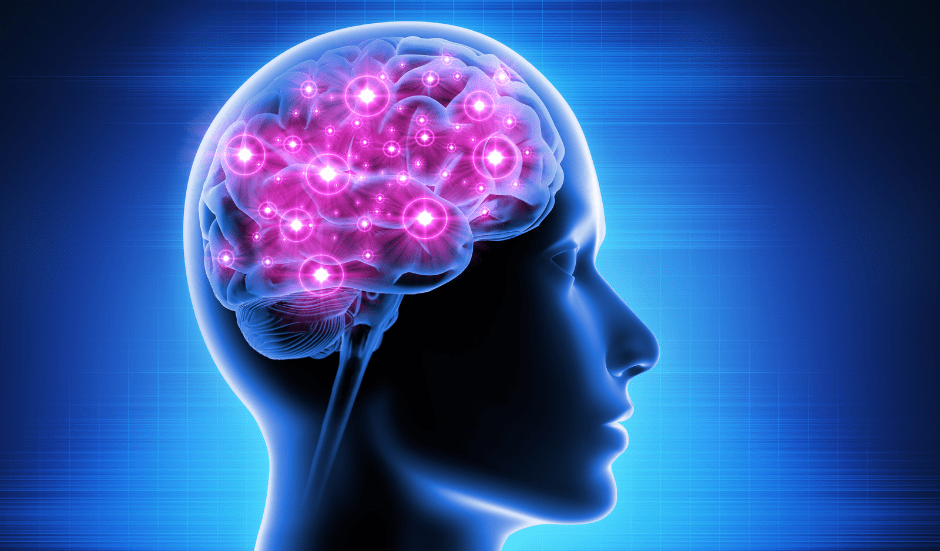If you are one of the ever-increasing sufferers of anxiety and depression, wouldn’t it be comforting to actually see what is actually happening inside your brain?
I am referring to a pathology test that measures the status of many of the main neurotransmitters in the brain. In simple terms, neurotransmitters are often described as chemical messengers in the body. They are particularly important in your brain and are responsible for controlling energy levels, how we cope with stress, moods, and cognitive function. If you suffer from depression and/or anxiety then almost always there will be at least one (and most of the time multiple) neurotransmitter out of balance.
The test is a home kit that involves collecting 4 samples of urine throughout the day. They are then posted the next day Express Post to a pathology lab in Melbourne. Results are usually available in about 10 business days.
These tests have been available for over a decade and I have done hundreds of them. Many GPs and psychiatrists overseas use them to get a diagnosis before considering prescribing anti-depressants or other pharmaceuticals.
For example, it is often assumed that anxiety and depression are caused by a lack of the neurotransmitter called serotonin. I can categorically say that is not always the case.
An easy way to understand the different types of neurotransmitters is to divide them into 2 groups and compare them with the function of petrol and the brakes in a car.
The brakes are like inhibitory neurotransmitters and help slow down and relax our brains. If the brakes of the mind are not working properly, we will be prone to anxiety, depression, insomnia, racing heart, panic attacks, and feel like we can never relax.
The main brakes of the brain are the neurotransmitters Serotonin and GABA.
The excitatory neurotransmitters, in this analogy, are the petrol of the brain. They stimulate the brain and allow us to focus, and concentrate and give us the energy to cope with the daily stresses of life.
The petrol of the brain is the neurotransmitter Adrenalin, Noradrenalin, Glutamate, and Dopamine. Dopamine is often referred to as the “feel good” neurotransmitter.
The key to good brain health is to have the neurotransmitters not too high or not too low, but just right similar to the Goldilocks principle.
A trap concerning trying to diagnose neurotransmitter levels based on observing symptoms, is that many of the neurotransmitters will cause the same symptoms regardless if they are high or low. For example, both high and low levels of the neurotransmitter GABA will cause the same symptoms of anxiety.
It is so comforting to be able to objectively measure the levels of neurotransmitters in the brain and to actually see in black and white if your problems are indeed all in the mind.






